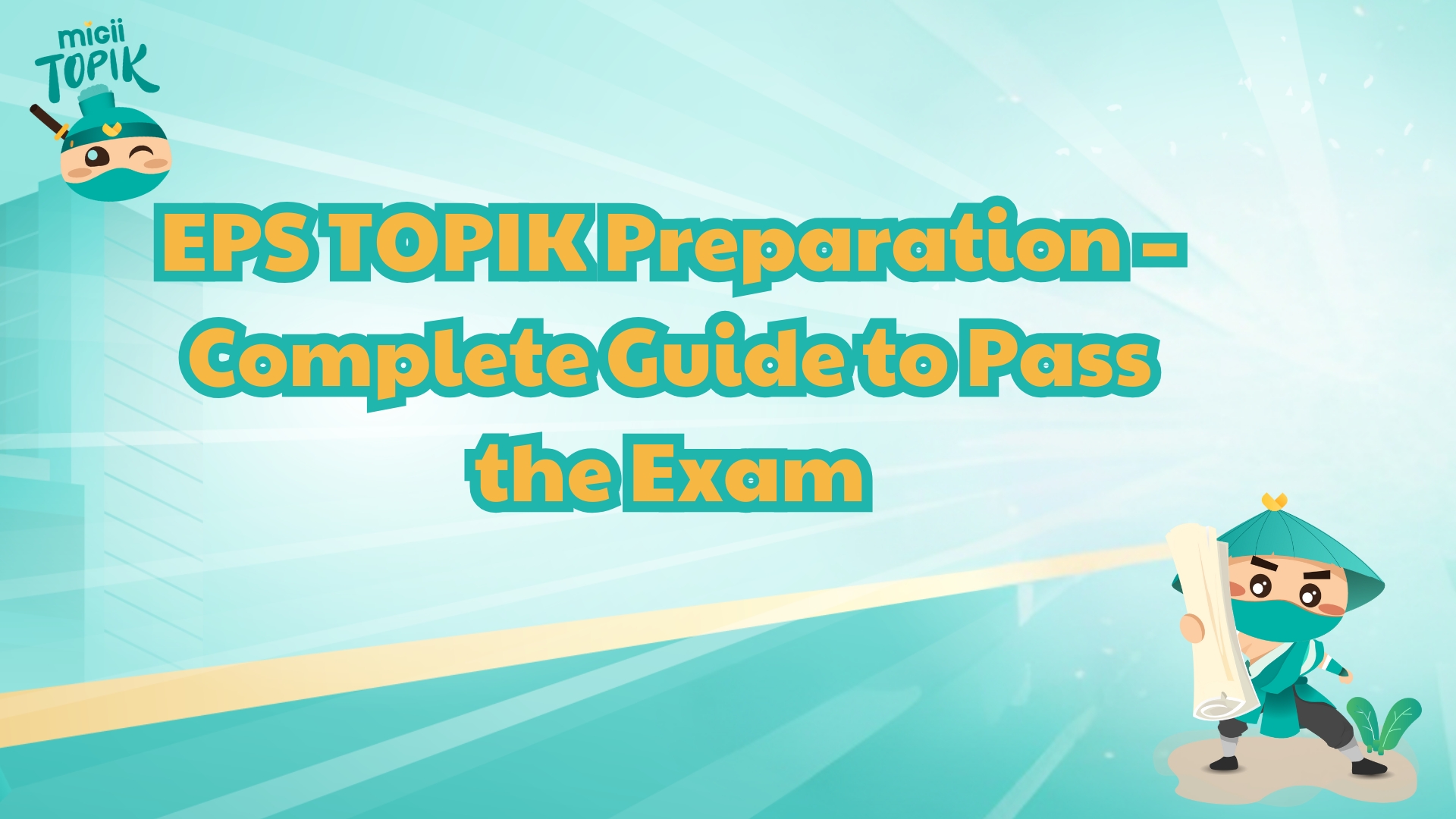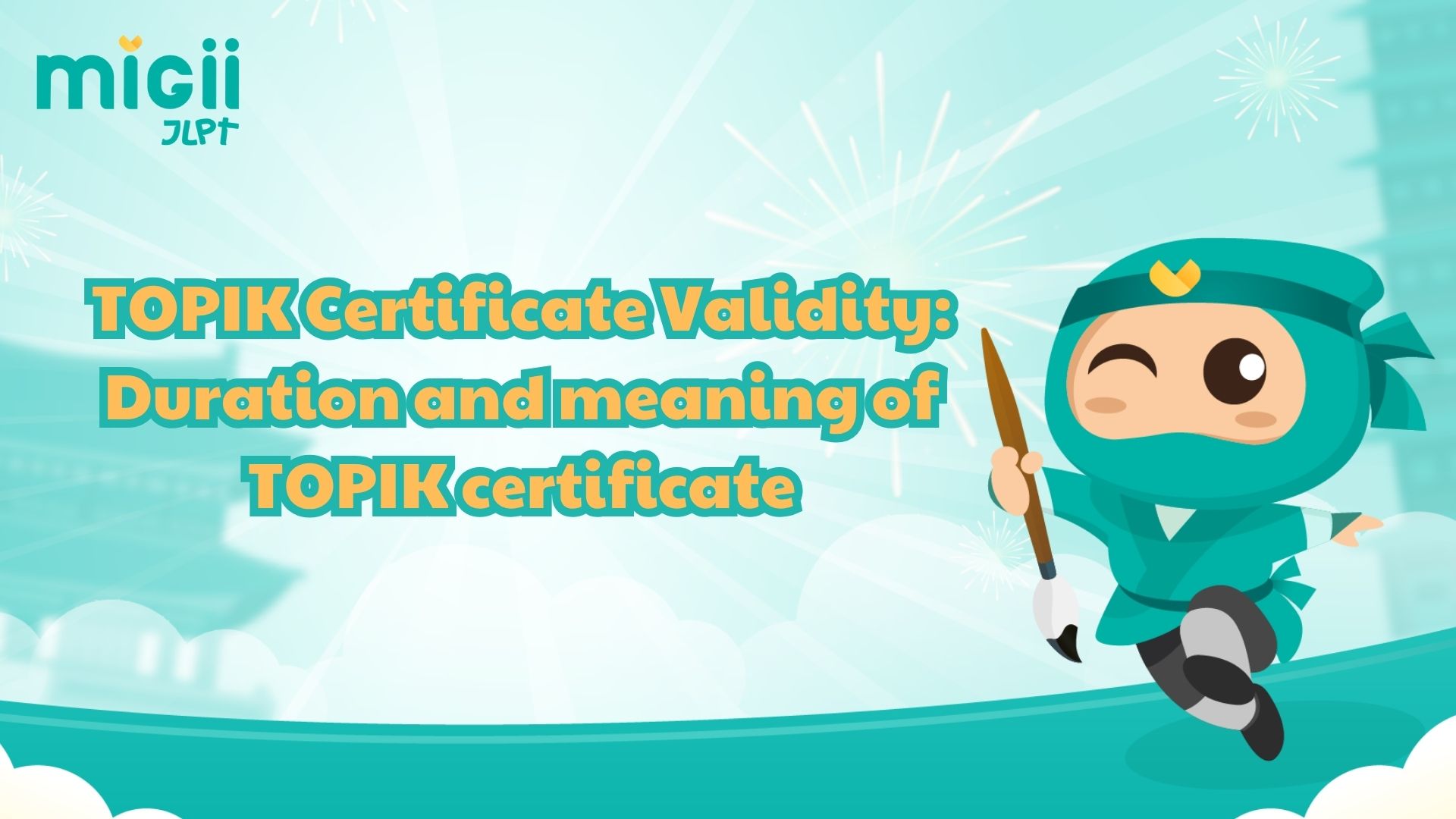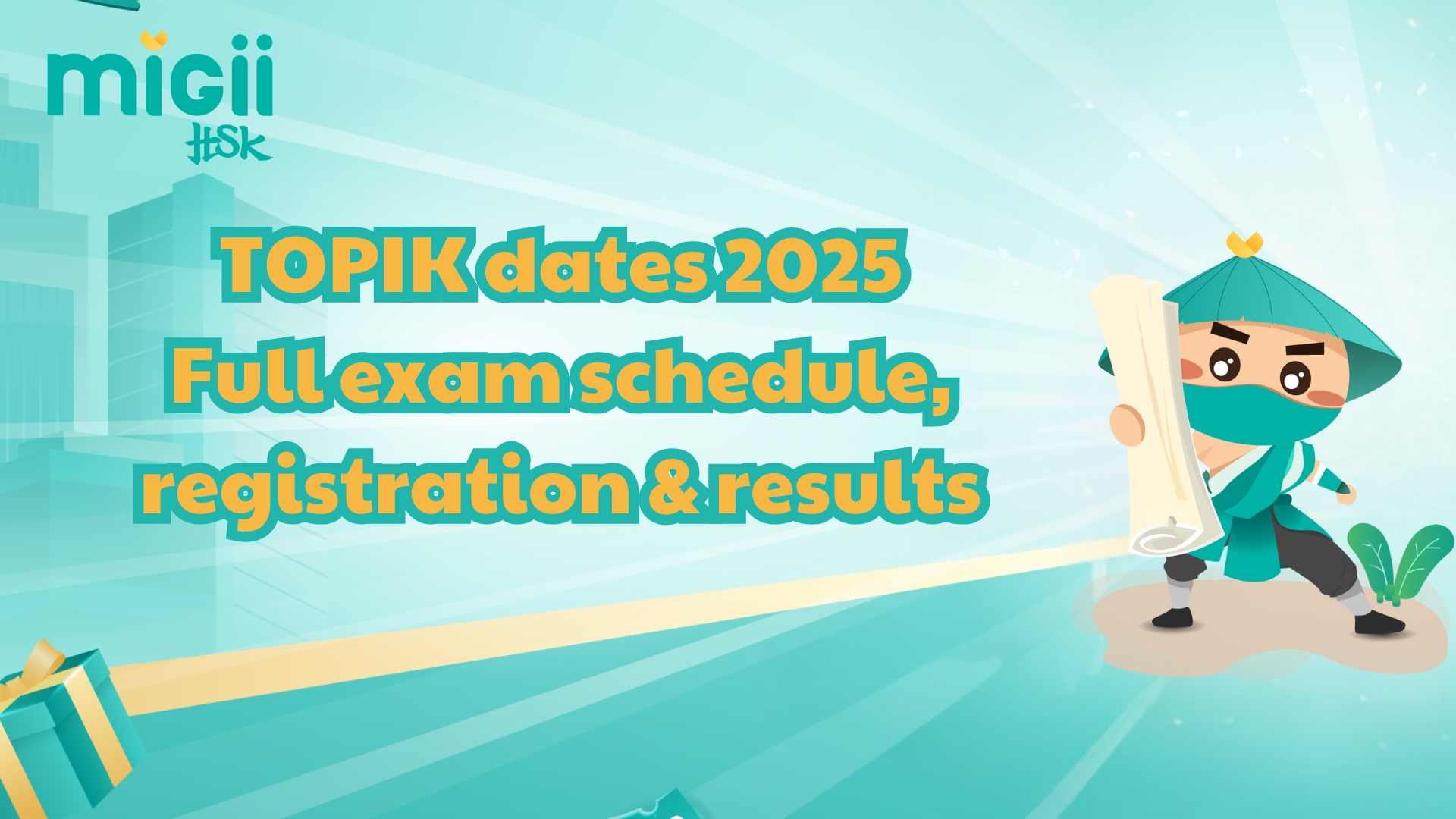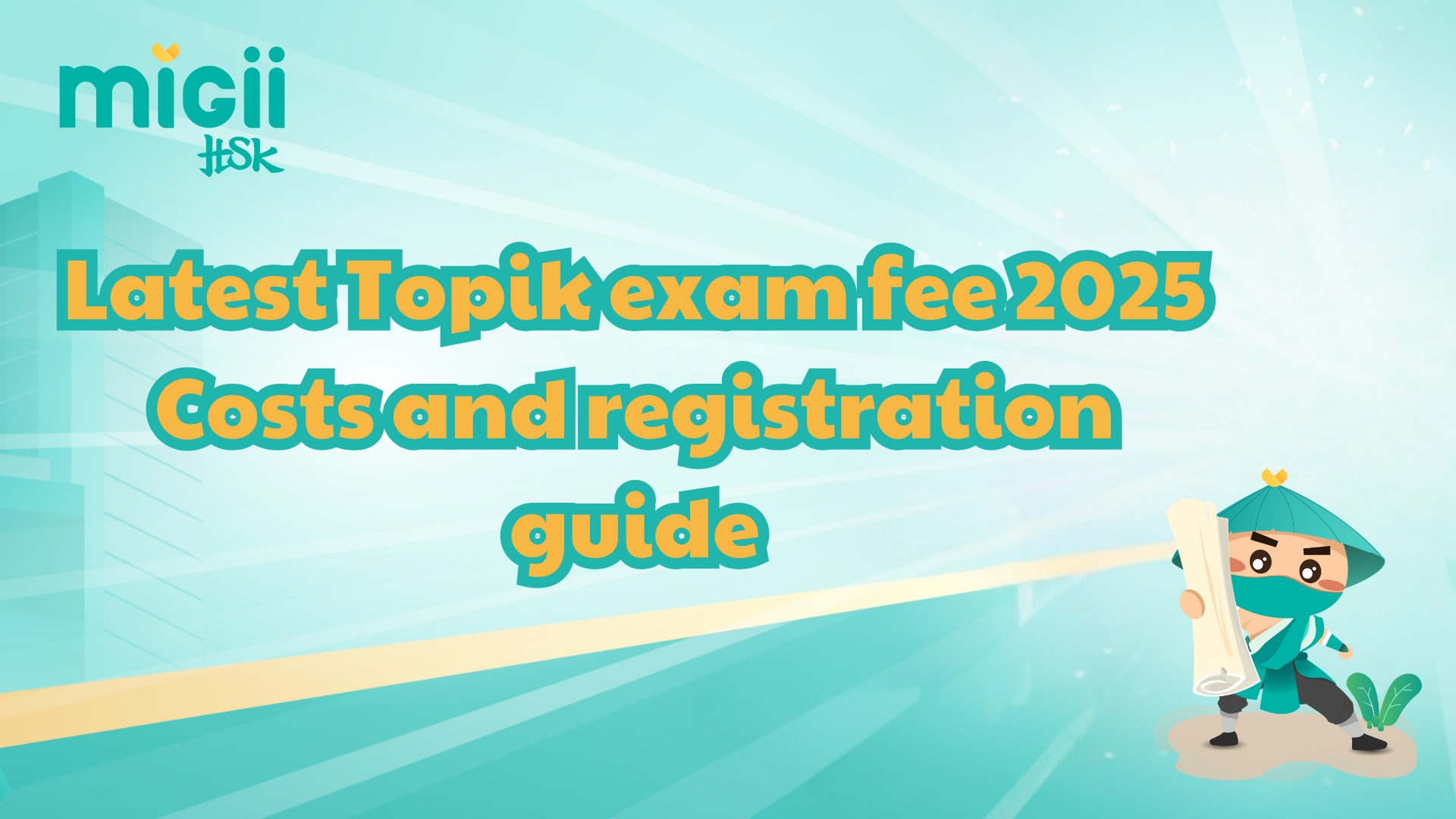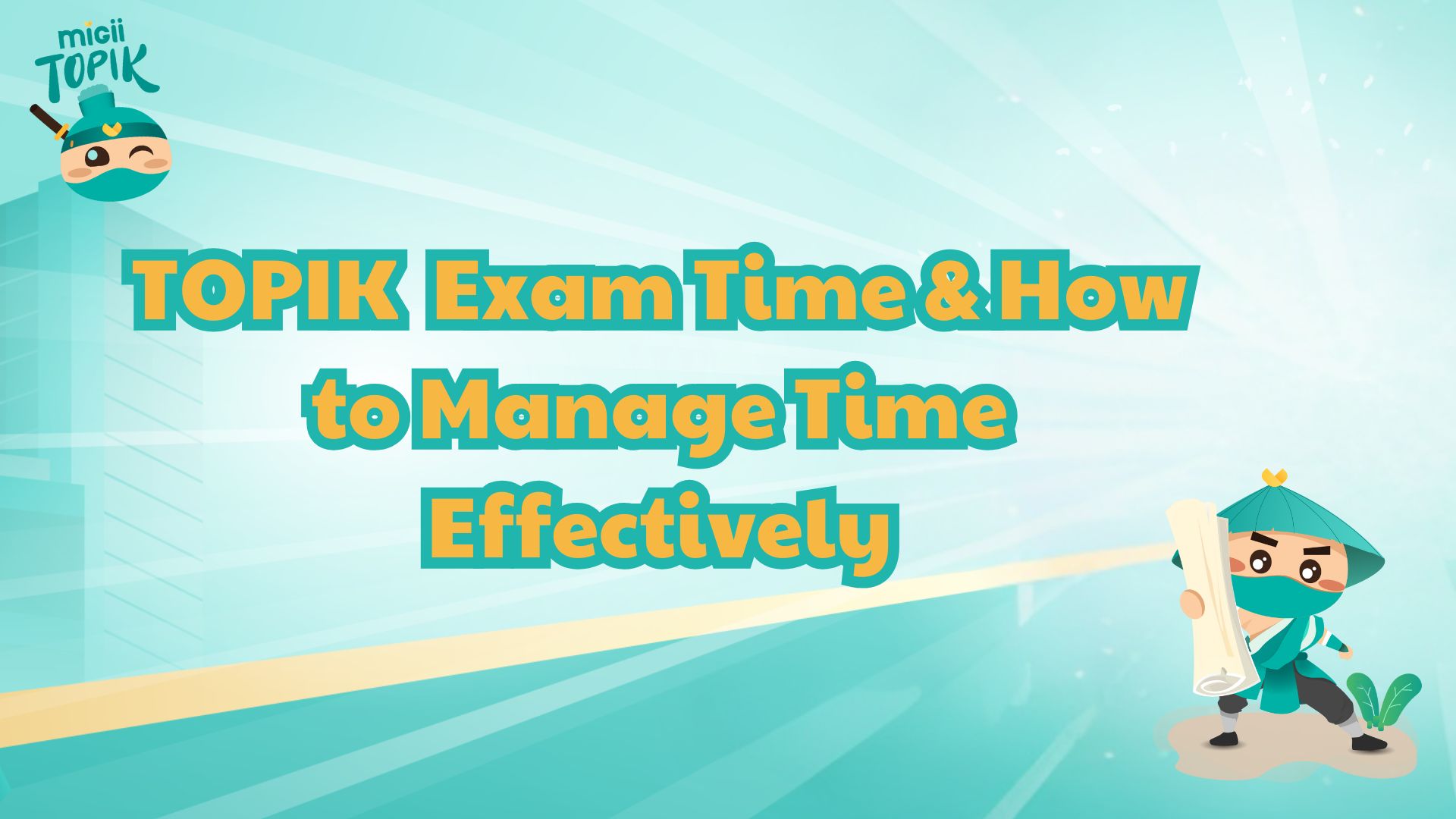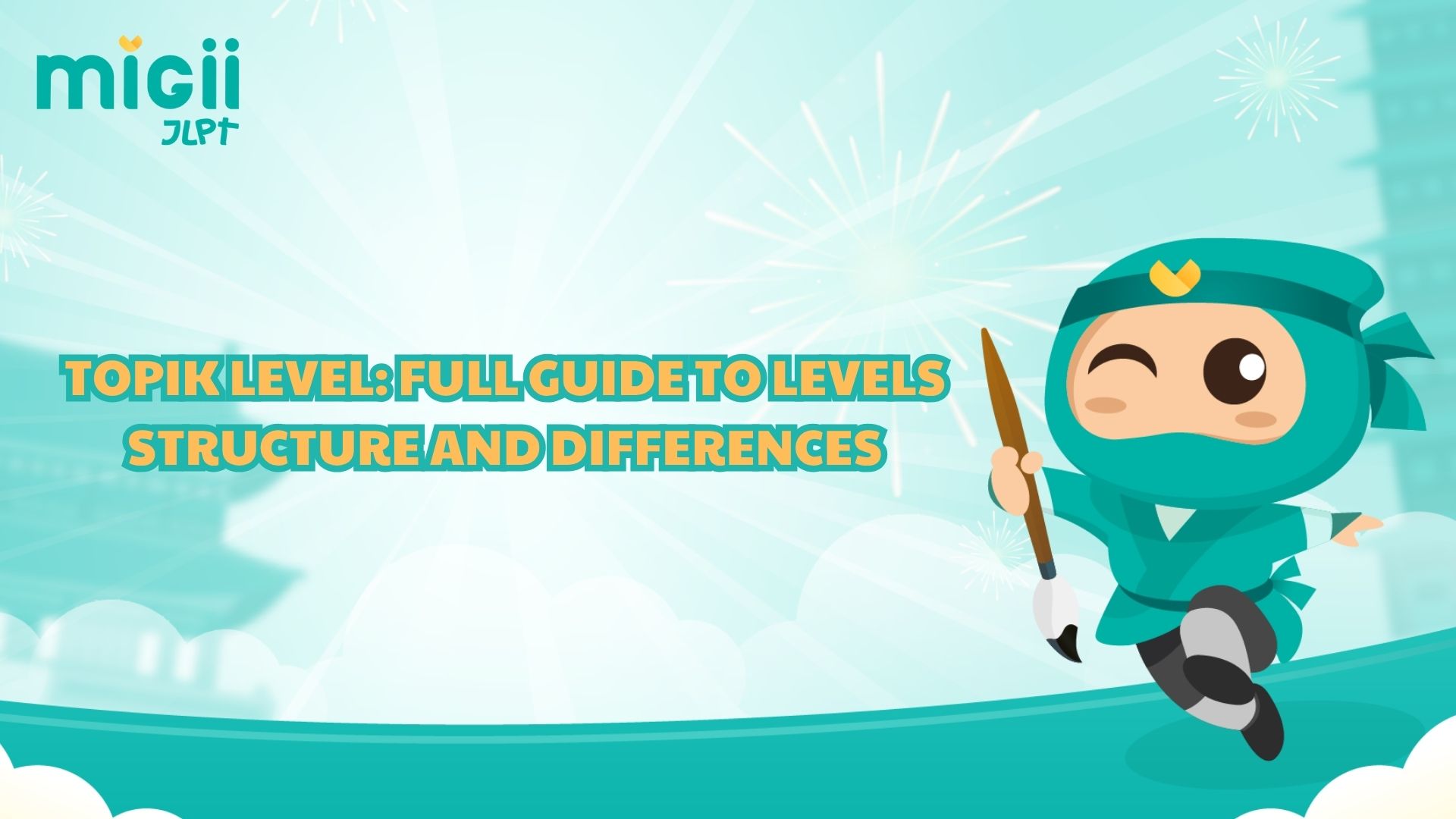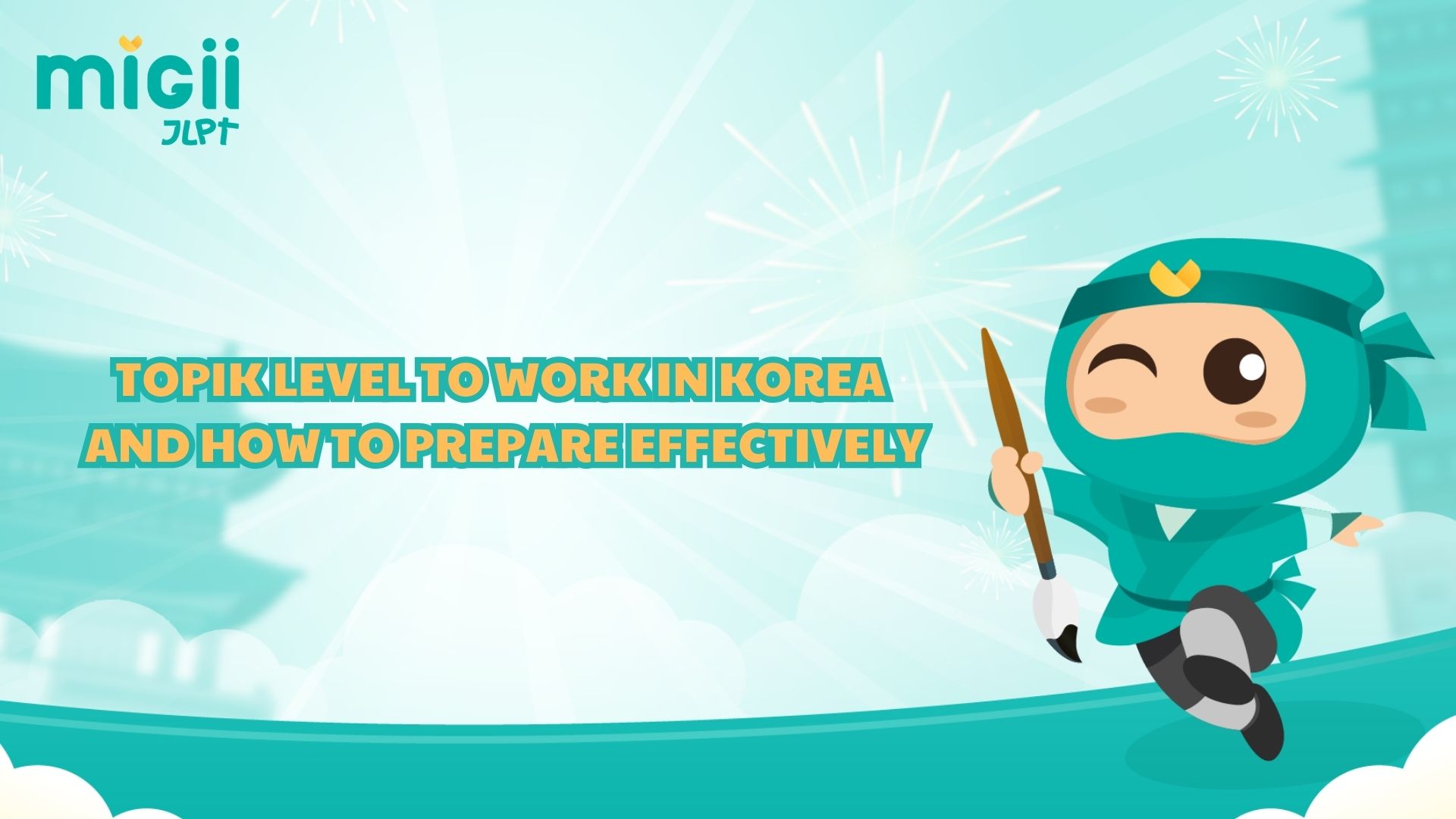The JLPT level to work in Japan is a common question for foreigners seeking jobs. Many wonder: do you need JLPT to work in Japan? This guide explains which JLPT level you need for different jobs, helping you plan your career path in Japan.
Know more about Exam tips here!
Do You Need JLPT to Work in Japan?
The simple answer is: it depends on the job and visa type. For some positions, especially in international companies or English-speaking roles, you may not need JLPT at all. However, for most jobs in Japanese companies, having a JLPT certificate significantly improves your chances.
Certain professions like caregiving, nursing, and some technical fields require a minimum JLPT level for visa approval. Even when not officially required, many employers still prefer candidates with JLPT N2 or higher to ensure smooth communication in the workplace. In short, while you don’t always need JLPT to work in Japan, it remains a major advantage when job hunting.
JLPT Levels Explained: N5 to N1/ What JLPT level to work in Japan
|
JLPT Level |
Proficiency |
Job Opportunities |
|
N5 (Beginner) |
Basic greetings, simple phrases |
Very limited; not enough for most jobs |
|
N4 (Basic) |
Simple daily conversations |
Useful for part-time jobs, internships |
|
N3 (Intermediate) |
Understand daily conversations, simple written texts |
Entry-level IT, technical jobs; some companies may accept |
|
N2 (Advanced Business Level) |
Handle business conversations, emails, reports |
Most office jobs, business roles, professional positions |
|
N1 (Professional Level) |
Near-native fluency, complex discussions |
Law, medicine, advanced professional fields |
JLPT Level Requirements by Industry
Different industries in Japan have different JLPT expectations. Here’s a breakdown to help you plan your job search:
|
Industry |
Typical JLPT Level Required |
Notes |
|
IT / Engineering |
N3 – N2 |
Many IT companies focus on skills; N3 may be enough for coding jobs with limited communication, but N2 is preferred for team collaboration. |
|
English Teaching (ALT, Eikaiwa, etc.) |
None – N4 |
Many English teaching jobs don’t require JLPT, but having N4 helps with daily life and school communication. |
|
Healthcare / Caregiving |
N4 – N3 |
Required for caregiver visa. Nursing positions may need N2 depending on job duties and patient interaction. |
|
Business / Office Work |
N2 – N1 |
Business roles demand strong Japanese for meetings, reports, and client interaction. N2 is often the minimum requirement. |
|
Law, Medicine, Specialized Professions |
N1 |
High-level fluency is mandatory to handle complex documents, regulations, and professional discussions. |
|
Part-Time / Manual Labor |
N5 – N3 |
Some part-time jobs in restaurants, factories, or convenience stores may accept lower JLPT levels, especially if basic communication is enough. |
Summary:
The higher your JLPT level to work in Japan, the wider your job options become. While some industries allow flexibility, many competitive jobs prefer N2 or N1 proficiency.
Other Factors Besides JLPT That Matter
|
Factor |
Details |
Why It Matters |
Example Cases |
|
Professional Skills & Experience |
Your work experience, technical expertise, professional certifications |
Many jobs prioritize technical skills over language level, especially IT, engineering, research, finance |
A software engineer with N3 but strong coding skills may still get hired |
|
Visa Eligibility |
Academic qualifications, job offer from Japan, work experience, JLPT (for some visa types) |
Visa is legally required to work in Japan; some visas need JLPT proof |
Caregiver visa requires JLPT N4; Specialist in Humanities visa focuses on degree + job offer |
|
English & Other Language Skills |
Fluency in English or other languages, especially in global companies |
Global firms may not require high Japanese level if English is strong |
International companies, startups, and R&D labs often hire with lower JLPT but high English |
|
Cultural Adaptability |
Understanding Japanese work culture, hierarchy, communication, teamwork |
Smooth adaptation to Japanese work environments makes you a better candidate |
Demonstrating knowledge of business etiquette, bowing, work responsibility, etc. |
|
Interview Performance |
Presentation skills, motivation, confidence, communication |
Good interviews can offset limited Japanese skills |
Candidates who show strong motivation and adaptability often impress employers |
|
Education Level |
University degree (Bachelor’s or higher) |
University degree (Bachelor’s or higher) |
Humanities visa requires at least a bachelor’s degree |
JLPT and Visa Application
Your JLPT level to work in Japan can directly affect your visa eligibility, depending on the type of visa you're applying for. Some visas legally require a certain JLPT level, while others focus on academic or professional qualifications.
Work Visas and JLPT Requirements
|
Visa Type |
JLPT Requirement |
Details |
|
Engineer / Specialist in Humanities / International Services |
Not officially required |
Most common work visa for foreign professionals. JLPT not mandatory, but N2 or N1 is often preferred by employers. |
|
Nursing / Caregiver (Kaigo) |
JLPT N4 or higher |
Required for visa application. Caregivers must also pass a separate skills evaluation and language test. |
|
Technical Intern Training (技能実習生) |
Varies (N4 or higher recommended) |
JLPT not legally required but many sending organizations require at least N4 to ensure basic communication skills. |
|
Highly Skilled Professional Visa |
No specific JLPT requirement |
Points-based system: JLPT can contribute points, but main focus is academic degree, income, and work experience. |
|
Specified Skilled Worker (特定技能 - Tokutei Ginou) |
Varies by industry |
Some industries require passing a Japanese language test (JFT-Basic or JLPT N4 equivalent). |
Important Notes:
- JLPT N2 or N1 can strengthen your visa application even when it's not mandatory.
- JLPT scores can also help when applying for long-term residency or permanent residency later.
- Some visa types (student visa, dependent visa, working holiday) don’t require JLPT at all but may involve Japanese language checks for daily life.
FAQ about JLPT level to work in Japan
What JLPT level do you need to work in Japan?
It depends on the job. N3 may be enough for IT and technical positions, but most office and business roles require N2. Specialized professions like law or medicine typically require N1.
Can you get a job with JLPT N3?
Yes, but opportunities may be limited. With N3, you might find jobs in IT, engineering, or part-time work. For higher-level roles, aiming for N2 is strongly recommended.
What is the minimum JLPT to work in Japan?
- N4 for caregiver visa
- N3 for some IT and technical jobs
- N2 for most office and business positions
- N1 for specialized professional fields
Is JLPT required to get a working visa for Japan?
Only for specific visas like the caregiver visa (N4 required). Most professional work visas don’t mandate JLPT, but employers still expect certain language skills depending on the job.
Does having JLPT help with getting a job in Japan?
Yes. Even when not required, having JLPT certification makes your application stronger, improves communication skills, and increases your chance of getting hired.
What JLPT level is best for foreigners working in Japan?
JLPT N2 is often considered the safest target, as it qualifies you for most office, business, and professional positions in Japan.
Know your JLPT level here!
Conclusion
Understanding the right JLPT level to work in Japan is crucial for planning your career. While some jobs may accept lower levels like N3, most professional positions require N2 or higher. The higher your JLPT level, the more job opportunities and visa options you unlock.
Start preparing for your JLPT exam today with Migii JLPT — practice with real tests, track your progress, and boost your chances to work in Japan confidently!
